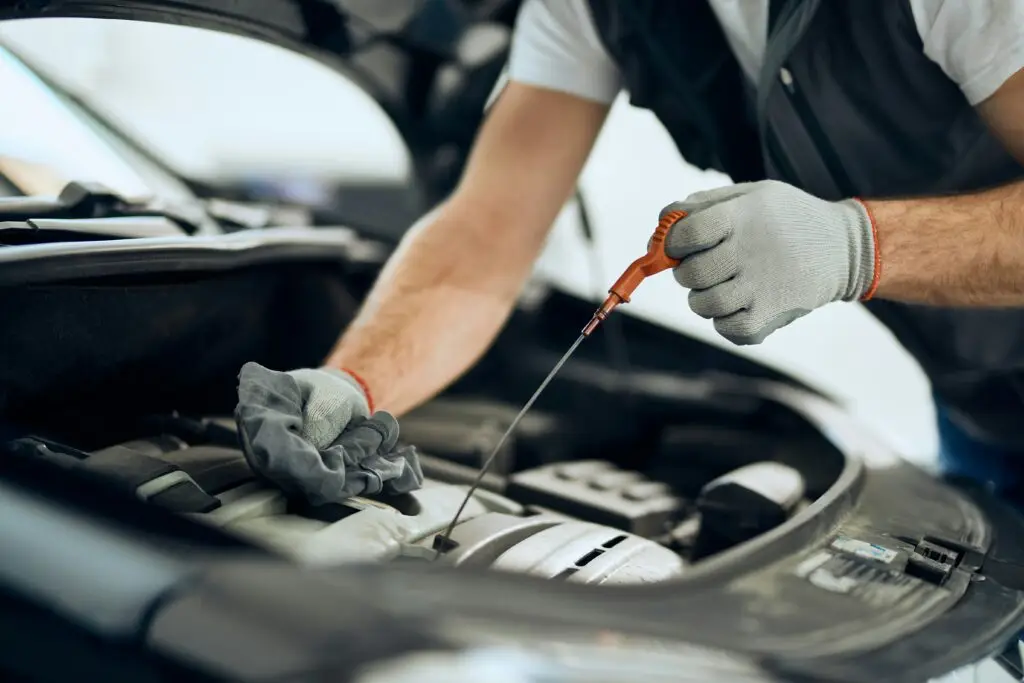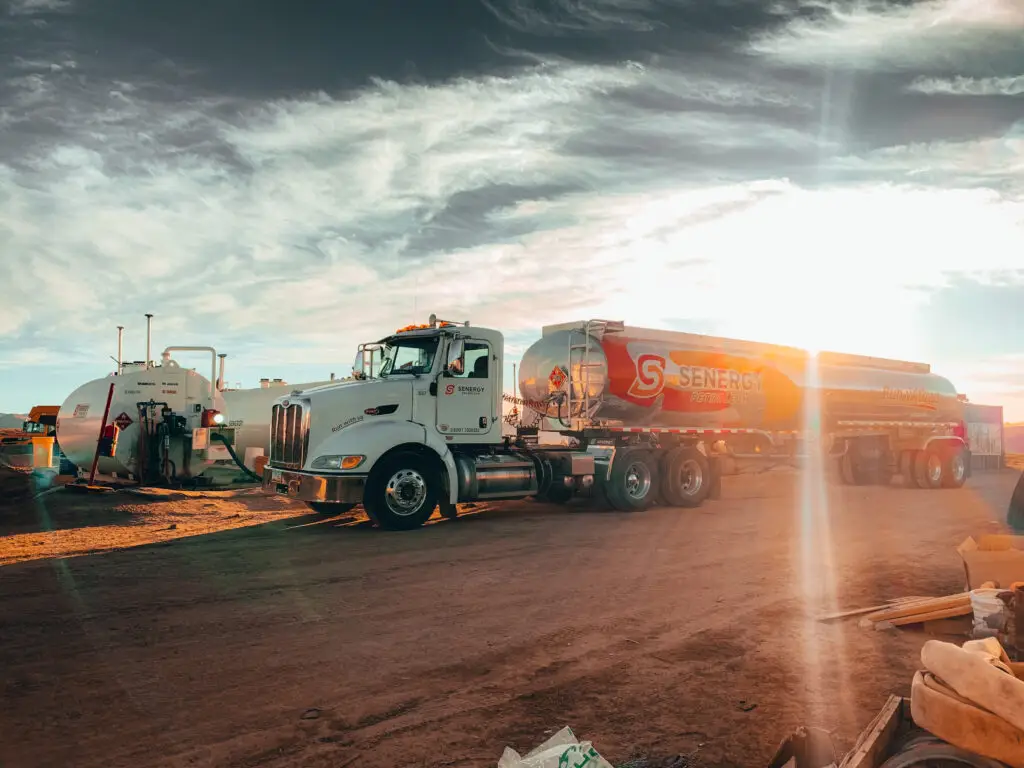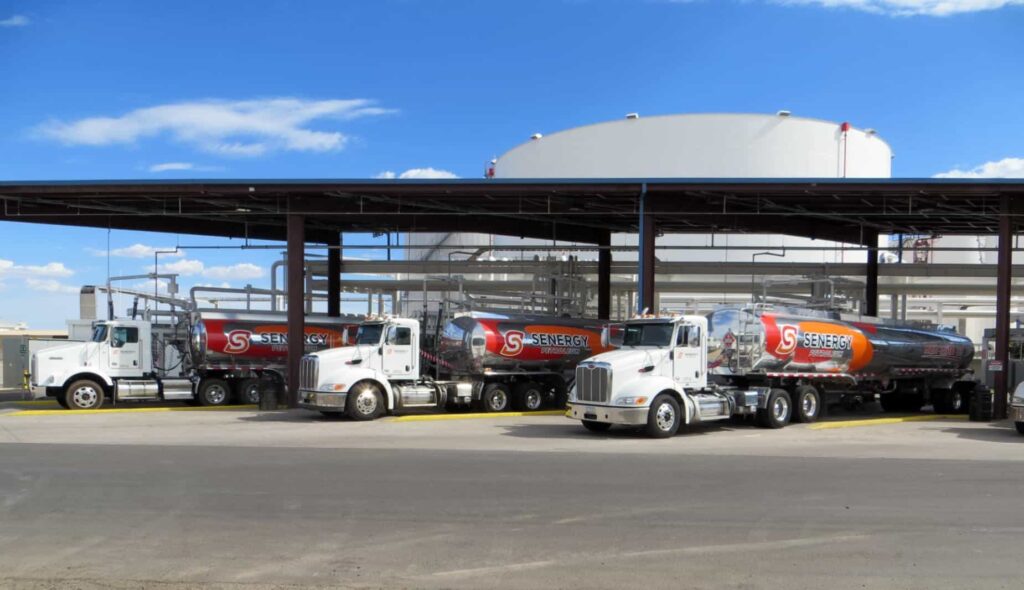When it comes to fuel, every drop matters—especially for those responsible for driving one car or managing an entire fleet. Fuel costs money, and losing it not only drains your wallet but also affects your vehicle’s performance and long-term maintenance costs. While it might seem challenging to save fuel and boost performance at the same time, small adjustments in vehicle maintenance and driving habits can make a significant difference. Let’s explore practical, straightforward measures to prevent fuel waste and enhance the performance of your vehicle or fleet.





